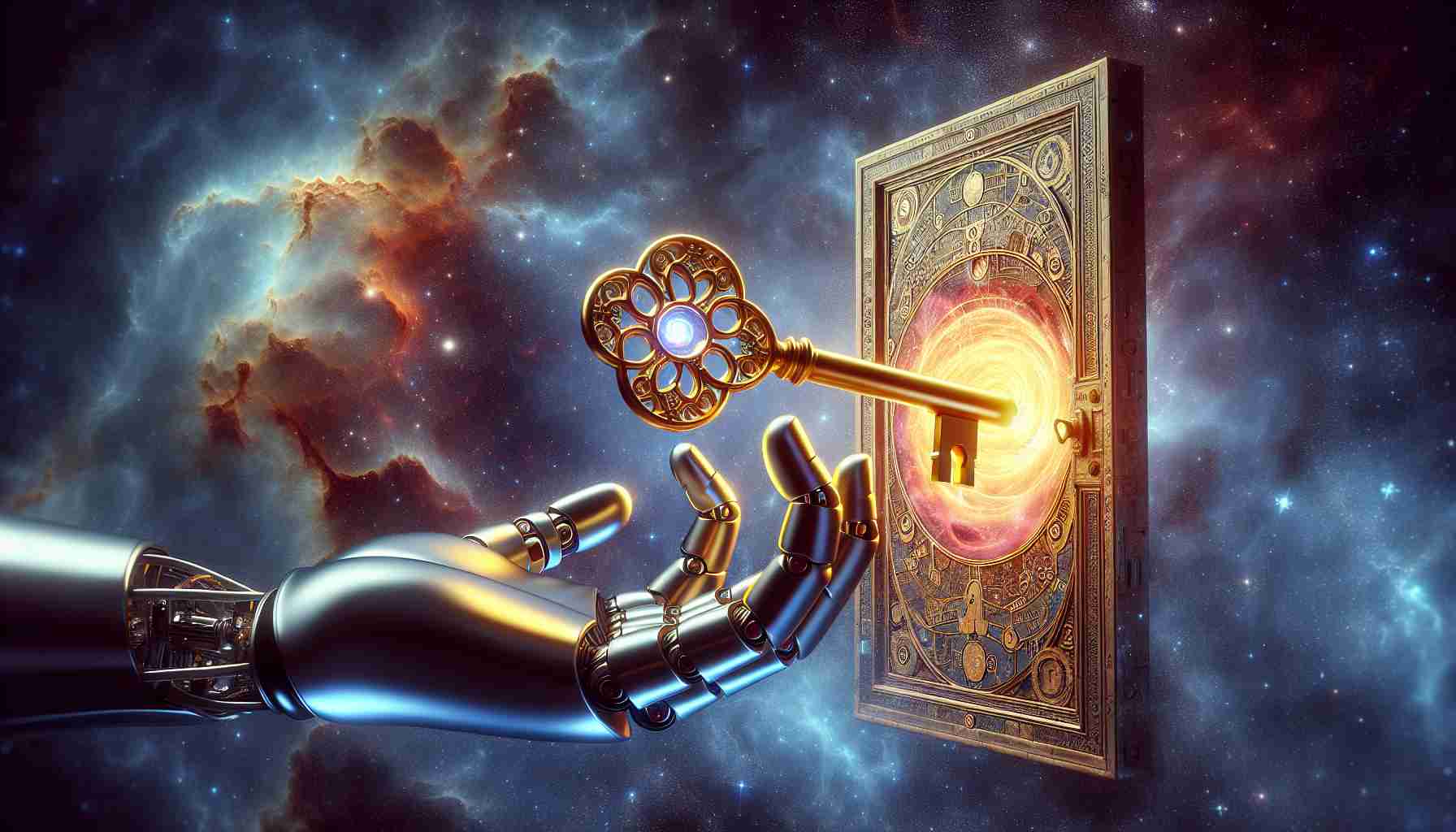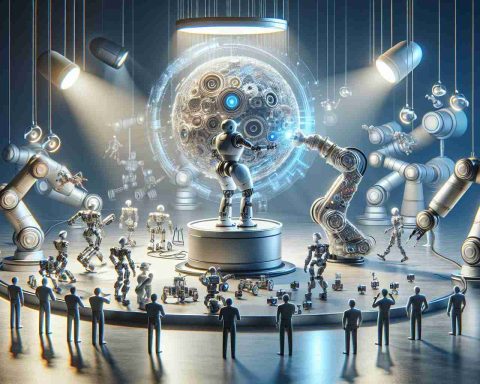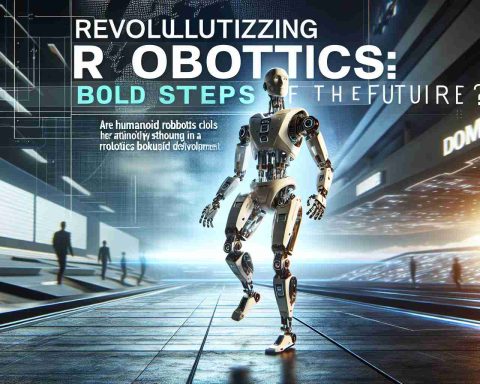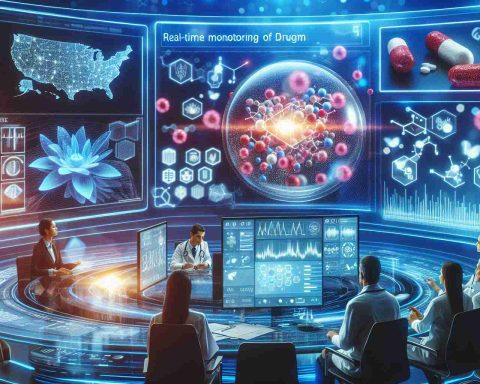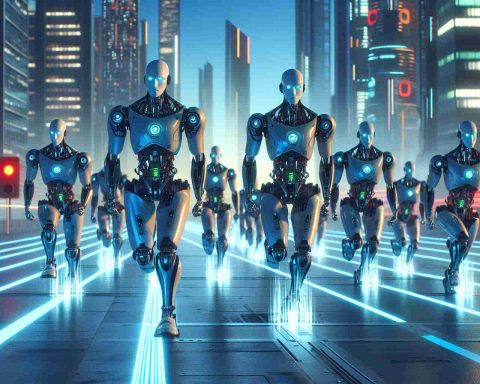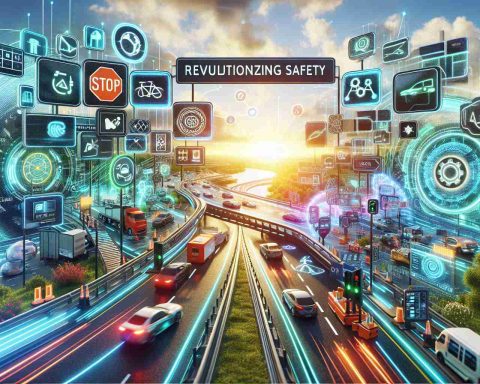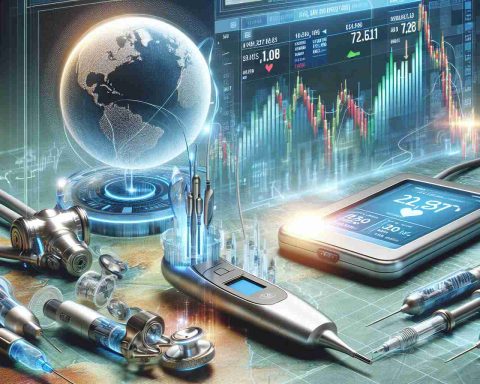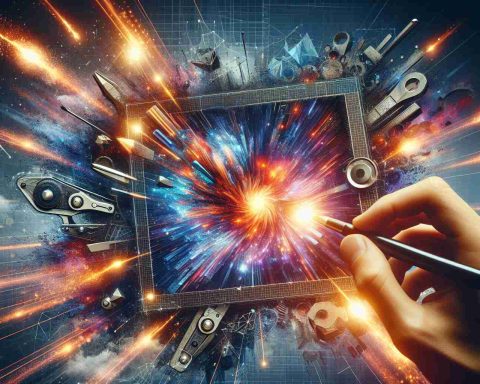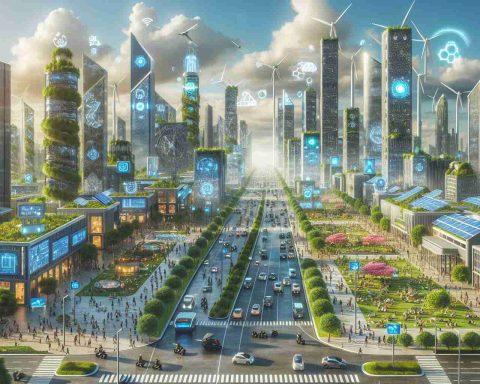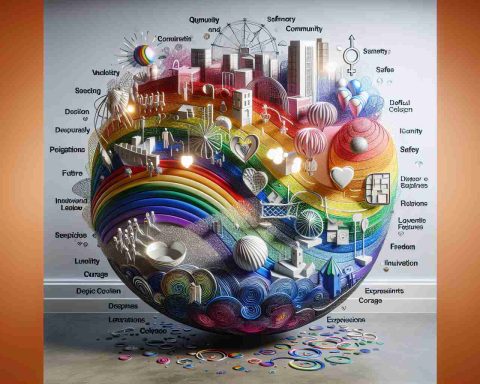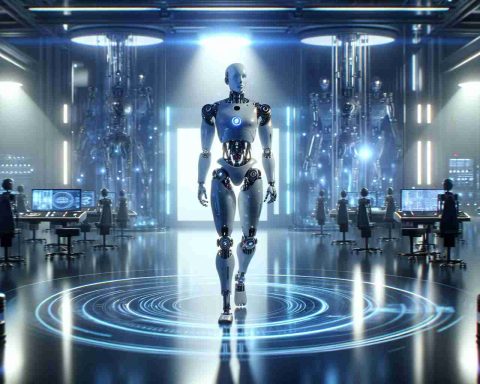In a groundbreaking article published in Science Robotics, a trio of experts from diverse fields are examining a profound aspect of human life: the sense of self. This intrinsic perception, which shapes our identity and interactions, is deeply rooted in our physical existence and social engagements.
The researchers propose an intriguing methodology where robots can serve dual functions: as tangible representations of self and as innovative experimental tools for psychological studies. By programming robots to replicate the cognitive processes that characterize human self-awareness, scholars aim to gain valuable insights into this intricate subject.
The collaborative work features Agnieszka Wykowska, Tony Prescott, and Kai Vogeley, who highlight the intertwined nature of body and self in human cognition. Their exploration of robotics not only aims to model human-like behaviors but also to investigate whether bots can evoke genuine social recognition among people.
Furthermore, there is a focus on developing advanced memory systems in robots that mimic human autobiographical memory. This research has implications for understanding self-awareness and its challenges in scenarios involving mental health conditions like schizophrenia or autism.
By venturing into this uncharted territory, the authors seek to unveil the fundamental components that constitute the human sense of self, potentially creating new avenues for psychological research. The implications of their findings could reshape our understanding of both robotics and human cognition.
Unlocking the Secrets of Self: Can Robots Teach Us About Who We Are?
In the quest to understand the intricate nature of human identity, researchers are increasingly turning to robotics not just as tools for automation but as invaluable partners in the exploration of self-awareness and cognitive processes. The recent approach suggested by researchers Agnieszka Wykowska, Tony Prescott, and Kai Vogeley paves the way for profound insights into how we see ourselves through the lens of artificial entities.
One of the most pressing questions surrounding this research is: Can robots genuinely replicate the experience of human self-awareness? While robots can be programmed to exhibit behaviors associated with self-recognition, the essence of self-awareness is deeply tied to experiential and emotional contexts that robots, lacking true consciousness, cannot fully emulate.
Another critical inquiry is: How do we measure the effects of robotic interactions on human self-perception? Existing frameworks rely heavily on qualitative assessments and behavioral studies, but a comprehensive quantitative analysis remains elusive. Future investigations could integrate neuroimaging and physiological measurements to observe real-time reactions during human-robot interactions.
Key challenges and controversies abound when discussing robots as mirrors of human identity. Critics point to ethical concerns regarding the emotional responses humans might develop toward robots designed to reflect aspects of self, potentially blurring the lines between genuine social interactions and programmed responses. Additionally, the risk of misunderstandings in interpreting robotic behavior could hinder the intended aims of researching self-awareness.
When considering the advantages and disadvantages of using robots in understanding self-perception, several points emerge:
Advantages:
1. Controlled Environment: Robots can create consistent interactions that are easier to study than the varied human interactions typically found in psychological research.
2. Customizable Behavior: The ability to program specific responses allows researchers to hone in on particular aspects of self-awareness and reflectivity.
3. Insights into Cognition: Harnessing robotics can advance our knowledge of cognitive processes and their impact on mental health, providing new therapeutic tools and interventions.
Disadvantages:
1. Lack of True Understanding: Robots cannot experience emotions or consciousness, limiting their capacity to provide genuine insights into human identity.
2. Dependence on Programming: The quality and depth of interactions are only as good as the algorithms driving the robots, which may cause stagnation in exploring complex human emotions.
3. Ethical Implications: Robots designed to mirror human traits may unintentionally manipulate emotional attachment, raising concerns over mental health and ethical use in therapeutic settings.
As we venture further into this intersection of robotics and psychological inquiry, one vital question remains: How can we ensure that our exploration does not overshadow the authentic human connections that shape our sense of self? Keeping this in mind is crucial as we unlock the secrets of our psyche through increasingly sophisticated robotic partners.
For those interested in delving deeper into the intersection of robotics and psychological research, consider exploring these valuable resources: Science Robotics, Taylor & Francis Online, and American Psychological Association.

